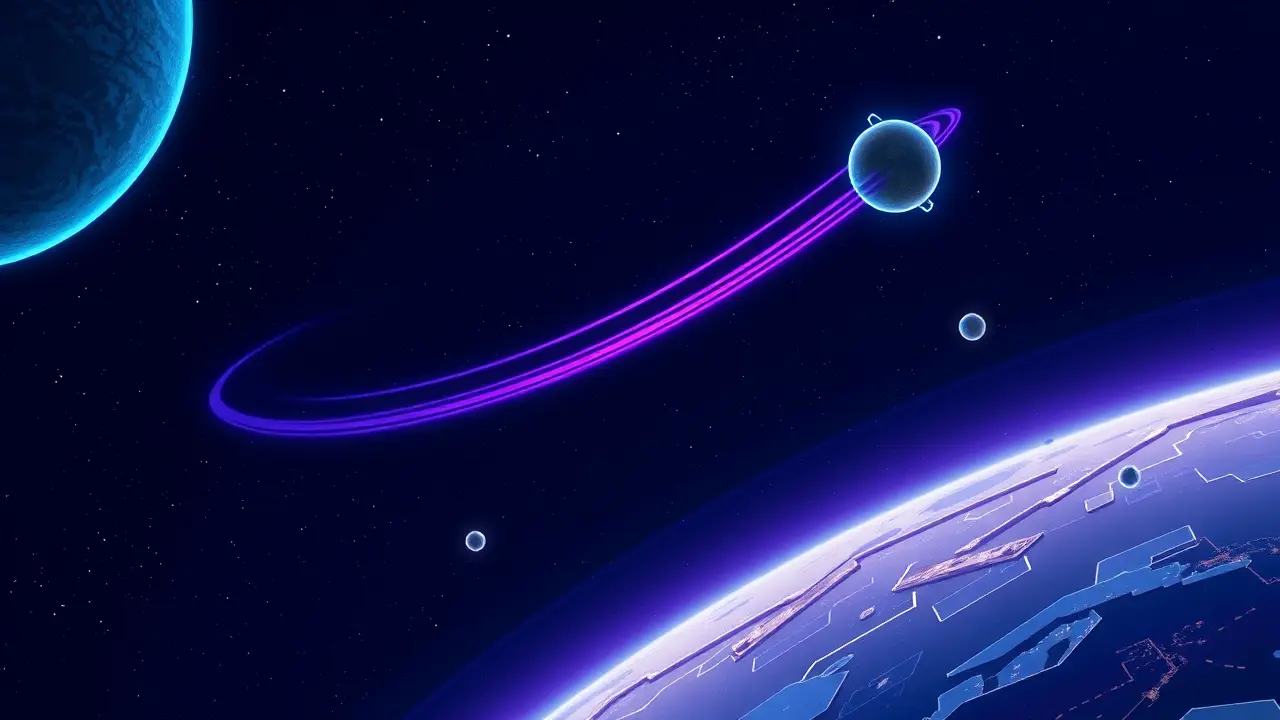
Politicsconflict & defenseMilitary Operations
Europe Must Close Its Space Gap
TH
Thomas Green
6 hours ago7 min read3 comments
The stark revelation from Russia's brutal invasion of Ukraine was a geopolitical tremor that should have shaken Europe from its strategic slumber, a clear signal that foundational security cannot be outsourced or treated as a given. Yet, in the celestial theater of modern power, the European Union is committing a near-identical error, sleepwalking into a profound and potentially irreversible dependency in the new space race.This isn't merely about national pride or planting flags; it's about the very sinews of 21st-century sovereignty. Consider the Galileo system, Europe's answer to GPS—a monumental achievement, yet one that exists in a fragile ecosystem.Our daily lives, from financial transactions and energy grids to civilian navigation and military logistics, are now threaded through orbital infrastructure. To cede this high ground is akin to a seafaring empire of old neglecting its navy, leaving its trade routes vulnerable to pirates and rival powers.The competition is no longer a bipolar US-Russia duel; it's a multi-front cosmic scramble where China is methodically building a permanent presence on the Moon and private entities, spearheaded by visionaries like Elon Musk whose Martian ambitions redefine the possible, are launching constellations at a blistering pace that dwarf state-led efforts. Europe's 'space gap' isn't a future forecast; it's a present-day reality measured in launch cadence, technological sovereignty in key components like semiconductors for satellites, and a risk-averse funding model that stifles the kind of explosive innovation happening elsewhere.The consequences are not abstract. Without independent, resilient access to space and the ability to rapidly develop and deploy new capabilities, Europe's ability to autonomously monitor crises, secure its communications from foreign interception, and even deter aggression is fundamentally compromised.We are, in effect, renting our eyes in the sky and our nervous system from partners who may not always share our immediate priorities. This is not a call to abandon collaboration but to build from a position of strength.The vacuum of leadership and ambition is being filled by others, and history teaches us that those who do not master the dominant domain of their age—be it the sea, the air, or now, the exosphere—become subjects to those who do. The clock is ticking, not in years, but in orbital slots filled and technological generations missed. Europe must find its cosmic ambition, not as a nostalgic effort, but as an urgent necessity for its future security and relevance on the world stage, lest we find ourselves Earth-bound spectators in humanity's next great chapter.
#editorial picks news
#Europe
#space race
#security
#Russia
#Ukraine
#defense
#satellites
Stay Informed. Act Smarter.
Get weekly highlights, major headlines, and expert insights — then put your knowledge to work in our live prediction markets.
© 2025 Outpoll Service LTD. All rights reserved.